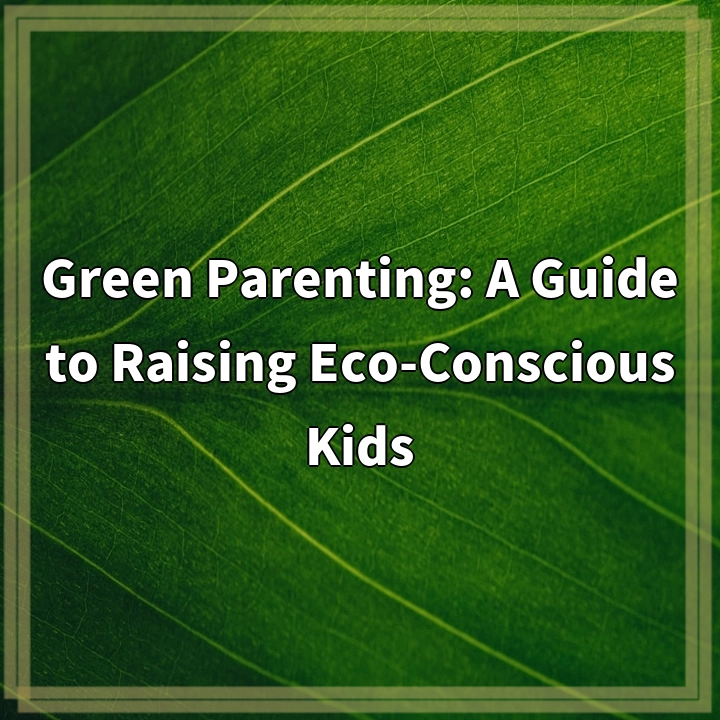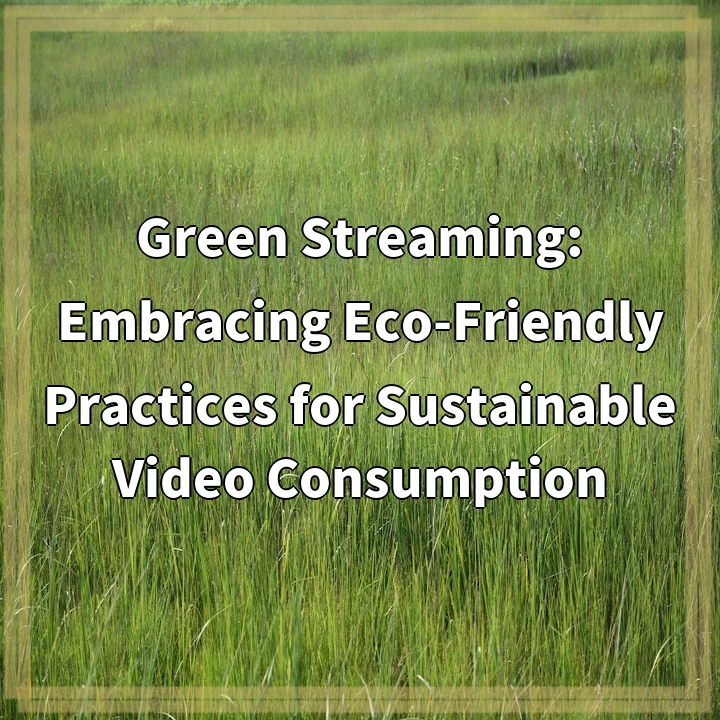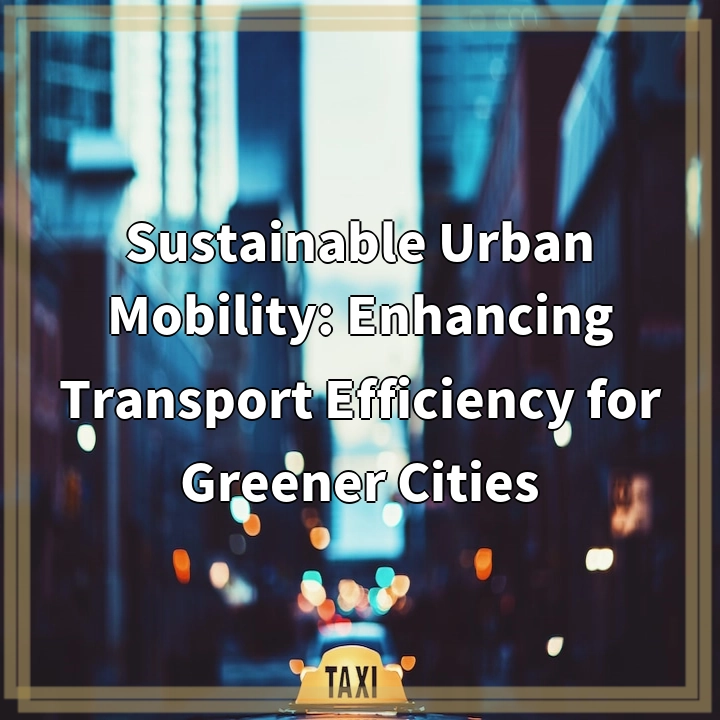
What is Green Parenting?
Green parenting is a philosophy and lifestyle approach that aims to instill eco-conscious values in children from an early age. It involves making sustainable choices as a parent, from the products we use, the way we consume, to the habits we develop. By practicing green parenting, parents strive to raise environmentally aware, responsible, and future-focused individuals.
Real-World Problems Associated with Green Parenting
While green parenting has numerous benefits for both the environment and our children, it also comes with a set of challenges and real-world problems. By acknowledging and understanding these issues, we can find ways to overcome them and make a positive impact.
1. Limited Availability of Eco-Friendly Products
One common challenge parents face is the limited availability of eco-friendly products in the market. From clothing and toys to baby care items, finding sustainable alternatives can sometimes be a daunting task. This can make it difficult for parents to make green choices consistently and forces them to compromise on their eco-conscious values.
2. Social Pressures and Cultural Norms
Another obstacle to green parenting is the social pressures and cultural norms that often prioritize convenience and consumerism over sustainability. Parents may face criticism or resistance from friends, family, and even society for making eco-conscious decisions. This can create a barrier to implementing and maintaining green parenting practices.
3. Time and Energy Constraints
Green parenting requires time, effort, and commitment. Researching eco-friendly alternatives, preparing homemade meals, and practicing sustainable habits takes additional time and energy. Many parents already juggle multiple responsibilities, making it challenging to dedicate the necessary resources to fully embrace green parenting.
4. Balancing Eco-Conscious Choices with Affordability
One of the practical challenges of green parenting is striking a balance between eco-conscious choices and affordability. Sustainable products and organic options are often priced at a premium, making it inaccessible for families with limited budgets. This can create a dilemma for parents who want to prioritize the environment but also need to consider their financial constraints.
5. Navigating Conflicting Information
Green parenting involves making informed decisions based on credible information. However, navigating through the vast amount of contradictory advice and greenwashing marketing tactics can be overwhelming. It can be challenging for parents to decipher what is genuinely eco-friendly and what is simply greenwashing, which can lead to confusion and frustration.
6. Overcoming Resistance from Children
Children may not always be keen on embracing green practices, especially if it means changing their habits or giving up certain conveniences. Getting children on board with eco-conscious choices can require patience, education, and creativity. Overcoming their resistance and fostering a genuine interest in sustainability is a hurdle many green parents face.
While these problems may appear daunting, they are not insurmountable. By being aware of these challenges, parents can find creative solutions, join supportive communities, and adapt their lifestyles gradually, making green parenting a meaningful and rewarding journey for both themselves and their children.

Solutions to the Challenges of Green Parenting
1. Seeking out Eco-Friendly Alternatives
While the availability of eco-friendly products may be limited, parents can actively seek out sustainable alternatives. Research and explore local stores, online platforms, and eco-conscious brands that offer products aligned with your green parenting values. Additionally, consider second-hand options or DIY projects to reduce waste and save money.
2. Building a Supportive Community
Connect with like-minded parents and organizations that share your commitment to green parenting. Join local eco-parenting groups, attend events, or participate in online forums to share experiences, tips, and resources. Building a supportive community can provide encouragement, guidance, and a sense of belonging in your green parenting journey.
3. Emphasizing Education and Awareness
To overcome social pressures and cultural norms, it is essential to educate yourself and others about the importance of green parenting. Engage in open conversations with friends, family, and your community, sharing the benefits of sustainable choices for the environment and future generations. By raising awareness, you can help normalize eco-conscious practices and inspire others to join the movement.
4. Time Management and Prioritization
Managing time and energy is crucial in implementing green parenting practices effectively. Plan and organize your days, create schedules, and prioritize activities that align with your eco-conscious goals. Identify areas where you can make small but impactful changes without overwhelming yourself, such as reducing single-use plastics or incorporating eco-friendly household cleaners.
5. Balancing Affordability and Sustainability
Striking a balance between affordability and sustainability is possible. Look for budget-friendly eco-friendly options, compare prices, and buy in bulk to save money. Opt for simple alternatives, like repurposing items or choosing products with minimal packaging. Also, consider engaging your children in activities that promote sustainability, such as gardening or exploring nature, which often require minimal financial investment.
6. Evaluating Credibility and Making Informed Decisions
To navigate conflicting information, rely on reputable sources, such as trusted environmental organizations, scientific studies, or expert advice. Develop critical thinking skills to distinguish genuine eco-friendly products and practices from greenwashing. Prioritize transparency, looking for certifications or labels that verify a product’s sustainability claims.
7. Encouraging Children’s Involvement and Empowerment
Engage children in conversations about environmental issues, explaining the importance of their actions for the planet. Encourage their creativity by involving them in DIY projects or upcycling activities. Provide opportunities for hands-on experiences in nature, sparking their curiosity and nurturing their love for the environment. Empowering children to take ownership of their eco-conscious choices can lead to lasting habits.
By implementing these solutions, parents can overcome the challenges associated with green parenting. Remember, every small step towards sustainability counts and has an immense impact on shaping a brighter, greener future for our children.















